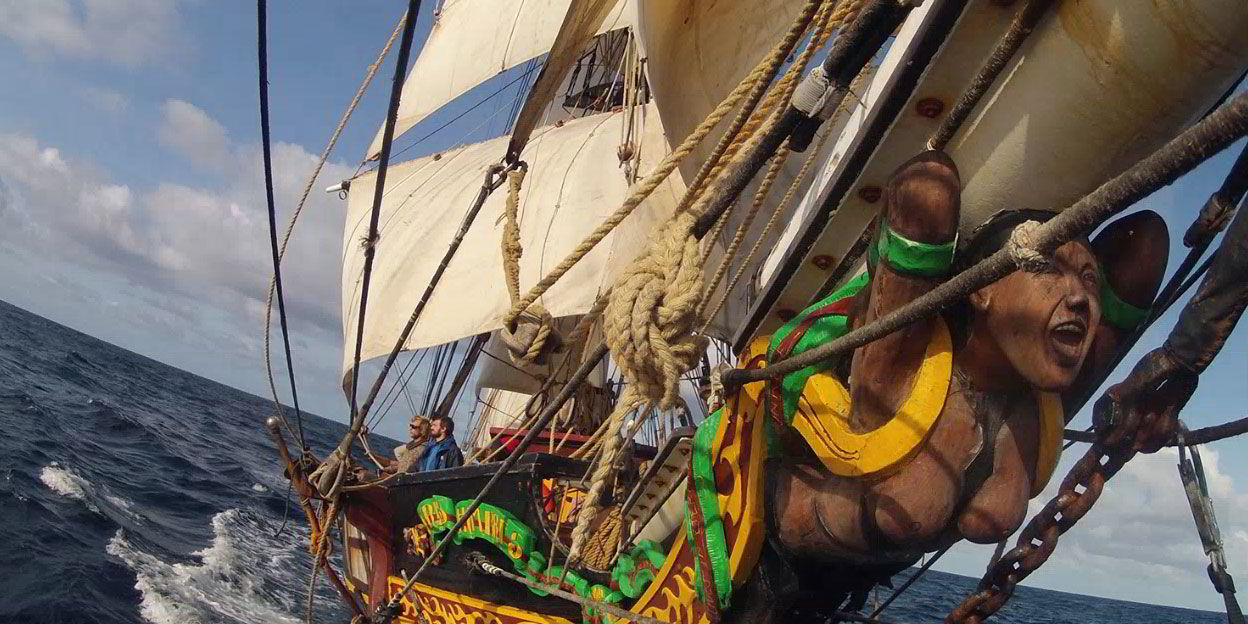A report by EcoClipper argues that sustainable shipping alternatives have gained momentum over the past 10 years, predominantly due to a rising consumer and business awareness of the climate crisis.
The report is published at a time when coronavirus lockdowns have “inadvertently reduced air pollution and seen people lower their consumption habits, both of which are important aspects to sail cargo and travel”, the company said.
The report described sail cargo as the “transportation of ethical cargo around the world” and emphasised how it encourages community-based supply chains.
The sail sector is not competing with conventional shipping but offering a low or zero-emission alternative as part of a sustainable future.
“We are at a tipping point globally with how we approach our recovery from the shocking effects of the coronavirus pandemic, and for a more sustainable future, we believe sailing ships offer a clean alternative to conventional industries,” EcoClipper founder Jorne Langelaan added.
More than 10 sail cargo vessels are now operating, predominantly in Western Europe. A small number are active individually in the South Pacific Islands, Asia and North America. But fewer than five ply the Atlantic and even fewer the Pacific, while none serve a global shipping route.
Sabine Fox from cargo sail-ship owner Fairtransport said awareness of sustainability is changing a lot. “People are now incredibly supportive and are aware things must change,” she said.

Alex Geldenhuys, founder of cargo sail-ship broker New Dawn Traders, has previously worked with Lush cosmetics, which has used such ships for its products.
Lush has an air travel and carbon tax scheme to offset staff travel and internal waste, but Geldenhuys said: “That money could go towards paying for sustainable transport.”
Sail is about more than just the hard economics, though; there is an element of romance too.
Fox added: “It doesn’t matter if it is loading or unloading cargo, or even if it is part of an event, a sailing ship really creates a stir with the public.”
Geldenhuys argued that companies could save money in other parts of their business by using sail cargo, such as marketing: “Sail cargo gets a lot of free media attention — attention that would be expensive to buy. A full spread in the UK Guardian would cost thousands of pounds, but a news item or article costs the company nothing in terms of marketing.”
Another important aspect is lowering customer expectations.
Anton Mann from UK importer Xisto Wines makes it plain from the start to his customers that it is not about speed of shipping.
“It’s about managing expectations and recognising we’re doing slow wine and slow food,” he said. “Not that we want to do it particularly slowly, but we’re not Amazon!”







